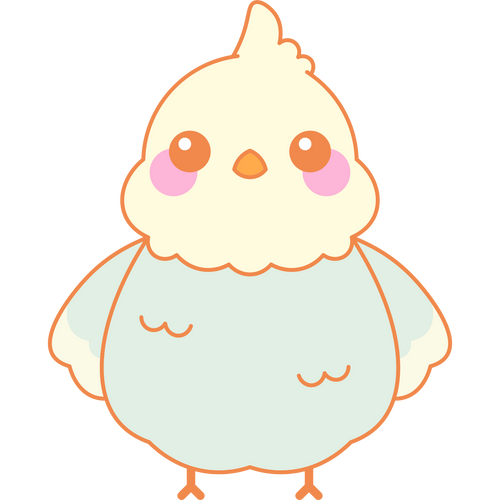Parrots are more than just colourful companions; they are intelligent beings with specific nutritional needs
Parrots are more than just colourful companions; they are intelligent beings with specific nutritional needs that directly impact their health, longevity, and overall well-being. Planning a balanced diet for your feathered friend is essential to ensure they thrive and enjoy a vibrant life. In this blog, we will delve into the intricacies of parrot nutrition, offering practical insights and advice to help you create the perfect diet for your avian companion.
Understanding Parrot Nutrition:
1. Species-Specific Considerations:
Different parrot species have unique dietary requirements based on factors like size, lifespan, and natural habitat. It's crucial to research and tailor your parrot's diet to meet the specific needs of their species.
2. Essential Nutrients:
Parrots require a combination of macronutrients (proteins, fats, and carbohydrates) and micronutrients (vitamins and minerals) for optimal health. Ensure their diet is well-balanced to provide a broad spectrum of nutrients.
Building a Balanced Diet:
1. Seed vs. Pellet Dilemma:
While seeds are a traditional part of a parrot's diet, a solely seed-based diet may lack essential nutrients. Consider transitioning to high-quality pellets, which are formulated to meet most of your parrot's nutritional requirements. Seeds should not be fed as a sole food, but there are healthy nuts and seeds that are essential, in small quantities, for your birds as they do contain healthy fats.
2. Incorporating Fresh Fruits and Vegetables:
Enhance your parrot's diet with a rainbow of fresh fruits and vegetables. These provide vital vitamins, minerals, and antioxidants. Experiment with different options to find your parrot's favourites. Dark leafy greens like kale, broccoli, and spinach are great. Fruits should be given in small quantities, but fruits such as berries, papaya, banana, starfruit, and figs are very beneficial.
3. Diverse Protein Sources:
Include varied protein sources like nuts, legumes, and lean meats to support muscle development and overall health. However, be mindful of portion sizes, as excessive protein intake can lead to health issues. Insects such as freeze-dried worms or crickets are also great options.
4. Calcium and Vitamin D:
Ensure your parrot receives sufficient calcium and vitamin D for strong bones and overall well-being. Calcium-rich foods like leafy greens and fortified pellets are essential, and exposure to natural sunlight aids in vitamin D synthesis. Alternatively, consider offering your bird lights that have full-spectrum LED, without UV, that are gentle on the eyes, glare-free, and healthy to use at any distance.
Avoiding Common Pitfalls:
1. Overfeeding and Obesity:
Parrots are prone to obesity, which can lead to various health problems. Practice portion control and monitor your parrot's weight regularly. Consult with a veterinarian to establish an appropriate feeding routine.
2. Nutritional Variety:
A lack of variety in a bird's diet, or worse, having an all-seed diet, poses the risk of nutritional deficiencies. Keep your parrot engaged and healthy by offering a diverse array of foods. Rotate fruits, vegetables, and protein sources to ensure a well-rounded diet.
Creating a balanced diet for your parrot is a rewarding aspect of responsible pet ownership. By understanding your parrot's nutritional needs and offering a diverse and well-rounded diet, you contribute to their overall health and happiness. Regular veterinary check-ups, along with a commitment to providing a stimulating and nutritious diet, will ensure your feathered friend enjoys a long and vibrant life. Remember, each parrot is unique, so observing their preferences and adjusting their diet accordingly is key to a happy and healthy avian companion.

